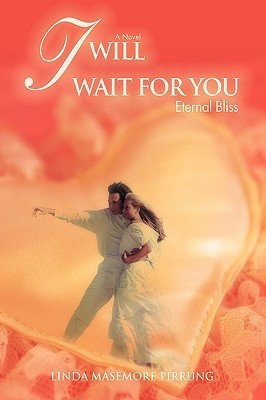
The Bridge Across Forever: A True Love Story
Book Description
Two souls hurtling through the cosmos, searching for a love that transcends time and space. As they navigate the turbulence of life, a breathtaking journey unfolds—a quest to discover the true meaning of connection and destiny. Each page is a tapestry of heartfelt moments, soaring flights of imagination, and gut-wrenching decisions that challenge their very existence. Can love conquer the greatest distances, or are some bridges too far to cross? Dive into a mesmerizing narrative that defies boundaries and ignites the spirit. What happens when two hearts dare to dream beyond forever?
Quick Book Summary
"The Bridge Across Forever" by Richard Bach is an evocative exploration of love, destiny, and self-discovery, blending fiction, philosophy, and spirituality. Recounting the author’s quest for his soulmate, the narrative follows Richard through romantic entanglements, moments of solitude, metaphysical experiences, and the ultimate challenge: opening himself fully to love. Bach’s journey is not just outward but inward, navigating personal fears, dreams, and the very fabric of existence. Through his relationship with Leslie Parrish, Richard grapples with the meaning of soulmate connections, the interplay of free will and destiny, and the possibility that love can transcend time and space. The book ultimately inspires readers to believe in the transformative, enduring power of love, even as it pushes them to examine the bridges they must cross within their own hearts.
Summary of Key Ideas
Table of Contents
The Search for a Soulmate and Destiny
Richard Bach’s search for his soulmate forms the emotional and thematic core of the novel. Haunted by the idea that somewhere in the universe exists a perfect partner, he recounts his journey through passionate romances and poignant heartbreaks. These relationships, though often intense and meaningful, ultimately leave him yearning for a deeper, almost cosmic connection—one that seems written in the stars. Bach’s early experiences reveal a man both tormented and exhilarated by the mysterious workings of destiny and fate, propelling him to continue his search even in the face of doubt and pain.
The Journey of Personal Transformation
As Richard’s life unfolds, so too does a profound period of introspection and transformation. He recognizes that to truly find and accept lasting love, he must first confront his own fears and insecurities. Through moments of solitude, philosophical musings, and dialogue with his inner self, Bach explores questions of self-worth, vulnerability, and the importance of being authentic. This personal transformation is not easy; it involves facing uncomfortable truths and letting go of illusions. Yet, it is through this self-discovery that Richard becomes open to the prospect of real connection.
Vulnerability and Authentic Connection
The arrival of Leslie Parrish marks a turning point, as their relationship develops into a powerful, soul-level bond. Together, they navigate both their personal baggage and existential questions, challenging one another to embrace vulnerability and courage. Their journey is marked by raw honesty and the willingness to show true selves, peeling away masks and emotional armor. Through dialogue and shared experiences, Richard and Leslie exemplify how authentic connection can heal old wounds, inspiring readers to consider the transformative potential of authentic love.
Transcending Boundaries Through Love
The narrative takes on a metaphysical dimension as Bach and Leslie’s love transcends ordinary boundaries. Employing flights of imagination, dreams, and metaphor, they envision parallel lives, soul contracts, and a bridge that spans not only time and distance but also the limits of perception and fear. This bridge becomes a symbol of faith in love—a testament to the belief that two souls meant for one another will ultimately find a way to meet. Their partnership suggests that love is not confined by physical existence but is a force that echoes through eternity.
The Metaphysical Nature of Relationships
Ultimately, "The Bridge Across Forever" is an ode to the human capacity for love and spiritual growth. Bach invites readers to see relationships not only as emotional commitments but as profound opportunities for self-realization and awakening. His journey with Leslie challenges the conventional understanding of love, suggesting that true partnership involves mutual evolution and adventure. The book’s closing message is both inspirational and aspirational: love, when approached with honesty and courage, can conquer even the greatest distances, making possible the crossing of any bridge—no matter how impossible it seems.
Download This Summary
Get a free PDF of this summary instantly — no email required.





